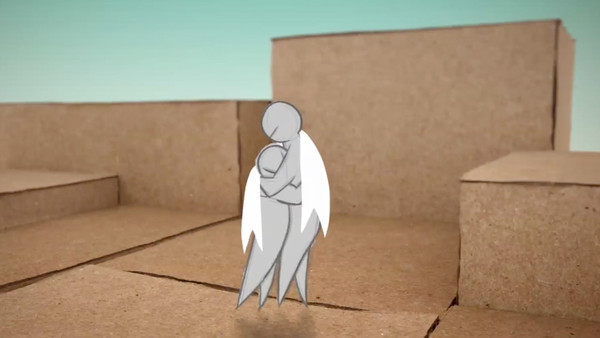

Justice
Justice is a felt need in our world today and a controversial topic. But what is justice exactly, and who gets to define it? In this video, we'll explore the biblical theme of justice and discover how it's deeply rooted in the storyline of the Bible that leads to Jesus.
Reflect
Read Leviticus 19:33-34, Exodus 23:9, and Proverbs 31:8-9. Who was vulnerable and mistreated in Israel’s society? What does God instruct Israel to do for the vulnerable and why?
How do you think humans' role as image bearers of God (e.g., Genesis 1:26-27) informs what the Bible says is right and just?
Read James 1:19-27 aloud. What is one example of how both powerful and vulnerable people might use anger to achieve justice and righteousness?
What does James say about the anger of humanity (James 1:19), and what does he urge us to do instead (James 1:19, James 1:21-22, and James 1:27)?
Take time to discuss other themes, questions, or key takeaways from what you learned together.
Jump In
Downloads
Biblical Themes

The Mountain
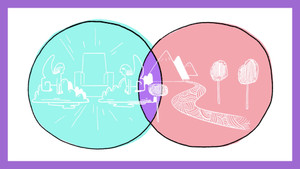
Heaven & Earth

The Messiah

The Covenants
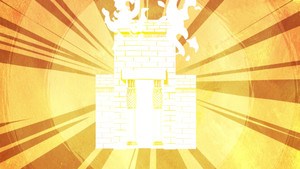
Holiness
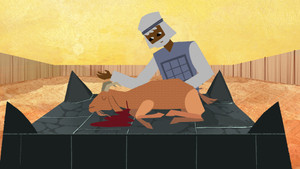
Sacrifice and Atonement
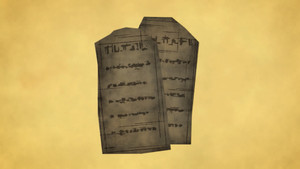
The Law

Gospel of the Kingdom

Image of God
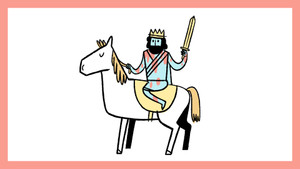
Day of the Lord